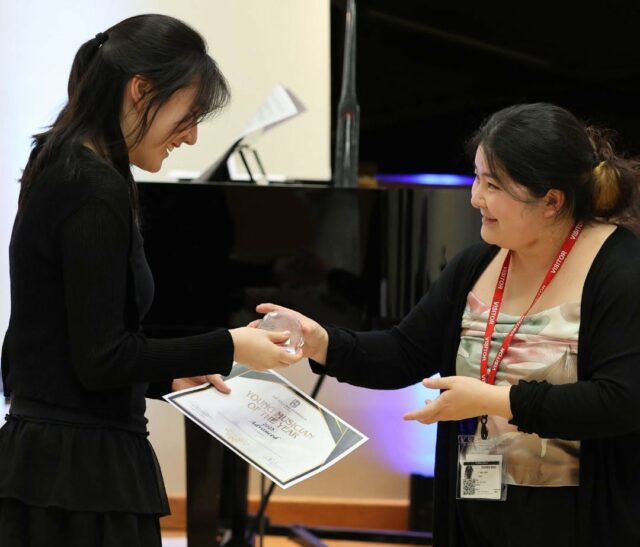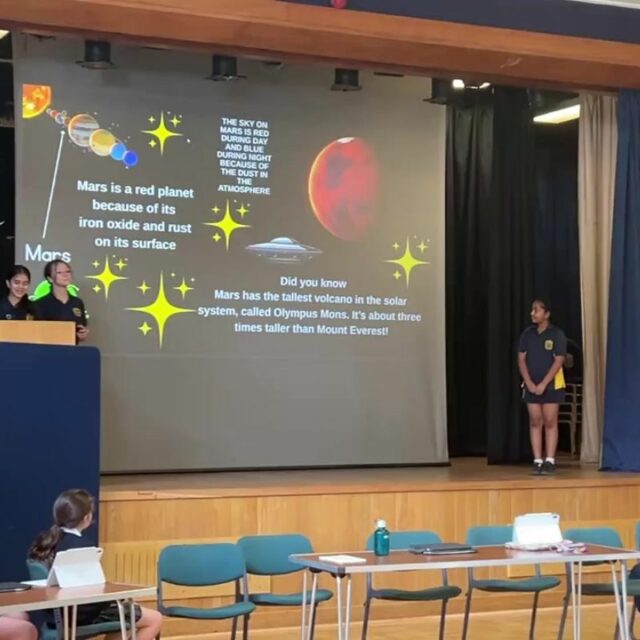SWPS A Level classical civilisation, Greek and Latin students attended a talk held by the Virgil Society in the Senate House, London, to listen to Dr Niki Karapanagioti’s talk Women in Homer and Virgil: Symbols of a hero’s achievements or co-heroes? Overall, not only did the talk help broaden students’ knowledge, it also provided another view of the classical texts which form part of their A Level studies.
‘The Virgil Society, founded in 1943, had its first President, the poet T.S. Eliot, deliver the first speech: What is a Classic? as his Presidential Address in the following year. The purpose of the Society was and remains to unite all those who cherish the central educational tradition of Western Europe. Of that tradition Virgil is the symbol. The speakers include both amateur and professional scholars, many of them Virgilians of international repute. Lectures are followed by refreshments, giving an opportunity to meet the speaker and other members of the Society.’ (www.virgilsociety.org.uk)
The talk provided an insight into the role of women in the Heroic World as well as developing a further understanding of the importance and significance of the characterisation of females such as Penelope (The Odyssey) and Dido (The Aeneid). The talk raised questions about the purpose of Greek literature which was ‘composed, centred and consumed by men’. Dr Karapanagioti emphasised the importance of a modern female audience re-evaluating the roots of Greek writing and how the content was still very much relevant to both a Greek audience and a contemporary audience alike. The speaker talked about the importance of looking at the stories as a reflection of the mindset of writers at the time and so understanding the patriarchal undertone of the texts but also being able to appreciate the literary genius of the texts, which provide inspiration for many modern writers.
However, Dr Karapanagioti also emphasised that although the female characters were presented as heroes, this was only in limitation of their gender. She addressed the issues facing the limitations of women as co-heroes, only being used to keep the hero’s memory alive. Women were used as a narrative device and were limited to their gender as prizes and possessions. Furthermore, the Greek word for hero, ‘heros’ proves to be a masculine noun, with no feminine form. In Latin, the word for courage, ‘virtus’ cannot be applied to a woman, due to the belief that the sense of virility and courage can only come from the heart of a man.
For Dr Karapanagioti, women in Greek literature represented hope. She emphasised about ‘the path not taken,’ which is in reference to only hearing the male voices and stories. In the Odyssey, many of the female voices are unheard, especially those of the hanged maids. We know little of Penelope; one question often debated is whether she immediately recognised the beggar to be Odysseus. Luckily, due to the modern day rise of feminism, many female authors are beginning to question the path not taken. Both Circe (Madeline Miller) and The Penelopiad (Margaret Atwood) are outstanding examples.
The talk was highly enjoyable and would be recommended to anyone who has any kind of interest in feminism, literature, or ancient Greece and Rome. Even those who have studied the classics for years can also benefit from hearing another perspective and learning something new.
Katie H, Reenaa M, Naysa P, Katie R, Year 12




